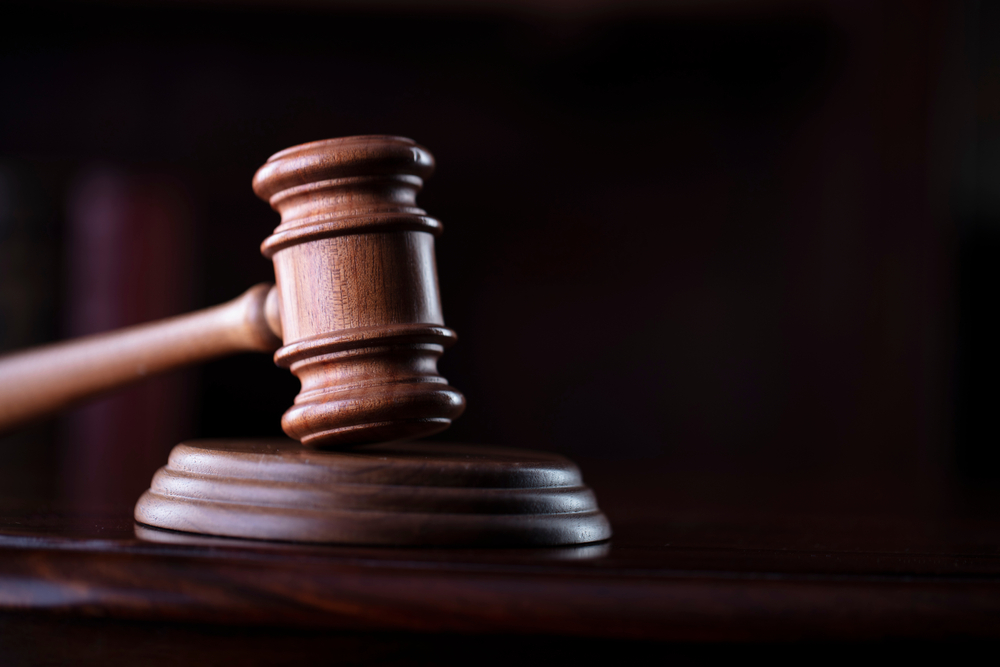Court Record Check
Court record checking refers to the process of accessing and reviewing an individual’s legal history as recorded in court records. Court records are public documents that provide a detailed account of an individual’s involvement in legal matters, including criminal, civil, family, and other types of cases. Conducting a court record check is a common practice in various contexts, such as employment screening, tenant screening, and background checks.

The information obtained from court records can include:
Criminal History:
- Details of criminal charges filed against an individual.
- Convictions and sentences imposed by the court.
- Records of arrests and warrants.
Civil Litigation:
- Involvement in civil lawsuits, including the nature of the cases.
- Court judgments, settlements, and outcomes of civil disputes.
Family Court Records:
- Records related to family law matters, such as divorces, child custody disputes, and restraining orders.
- Records related to family law matters, such as divorces, child custody disputes, and restraining orders.
Bankruptcies and Liens:
- Information about bankruptcy filings and any liens placed on the individual’s property.
- Information about bankruptcy filings and any liens placed on the individual’s property.
Probate Records:
- Records related to the distribution of an individual’s estate after death.
- Records related to the distribution of an individual’s estate after death.
Juvenile Records:
- Records pertaining to legal matters involving minors, which may be sealed or restricted in some jurisdictions.
Court record checks are conducted for various purposes, including:
Employment Screening: Employers may check an individual’s court records as part of the hiring process to assess their suitability for a particular job, especially if the position involves trust, responsibility, or handling sensitive information.
Tenant Screening: Landlords and property management companies may conduct court record checks to evaluate the rental history and legal background of potential tenants.
Financial Transactions: Financial institutions may check court records as part of the due diligence process when considering loan applications.
Legal Proceedings: Attorneys and legal professionals may conduct court record checks to gather information for legal cases or to assess the credibility of witnesses.
It’s important to note that accessing court records is subject to legal regulations and privacy laws. In many jurisdictions, certain types of records may be restricted or sealed to protect individuals’ privacy, especially juvenile records or records related to sensitive matters. Access to court records is typically governed by the laws of the specific jurisdiction and may require proper authorization or consent.
Court Record Check
This background screening service can be engaged to uncover any criminal or civil case registered against a candidate you are considering hiring for a role in your organization.
Larger companies, or those filling sensitive positions or senior positions of some responsibility, would be prudent to consider checking court records for applicants. As with other screening checks, the purpose is to identify potential issues that could cause problems further down the line.
What is a background screening court record check?
When discussing a background check, court records can be divided into two categories: criminal court records and civil court records. Access is often subject to legislation in some jurisdictions and is not always readily available. Records are still maintained and stored manually in many countries. Computerization has historically been slow to catch up in the legal and courts system worldwide.
This check involves searching for records of any charges against the individual in question in courts of the jurisdiction specified by the client. This can be the Supreme Court of the country or a specific state, High Courts, District Courts, Tribunals or others.
Where does Krib Information Services source its court information from?
Government websites provide the necessary data in many cases, but not all. Our investigators may have to also visit police stations to obtain certain types of records. The process is a mix of utilizing all the resources available to us based on our experience, and knowing where to start to locate specific types of information. We always seek corroboration from at least two sources of information if at all possible.
What does a background check report on court records contain?
Our report for the client may include several pieces of data regarding a recorded case, such as:
- Court of record and location
- Case number and category of case
- Name of plaintiff and defendant
- The disposition (decision of the court), disposition date, and judgment
- Annexure (if it exists)
Every country’s judicial system is different. You can find out more about India’s court system .
Request a court record check today
Contact us to request a background screening court record check or to discuss your scope of requirements. Our experts are always happy to assist you and explain what is involved.
